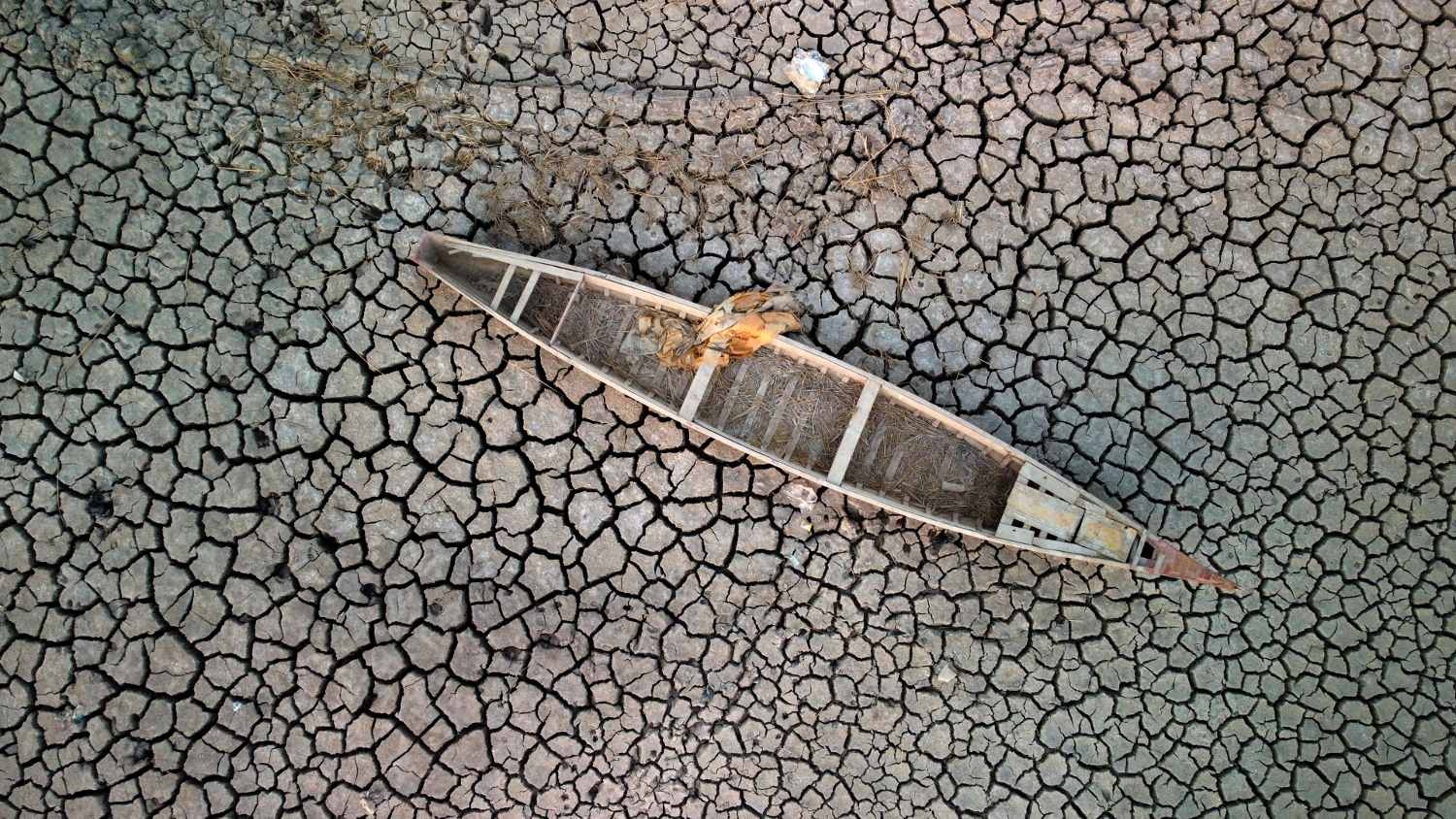Cop27: UN urges countries to address climate-displaced peoples

The United Nations High Commissioner for Refugees (UNHCR) is calling on world leaders to address the impact that climate change and natural disasters have on the displacement of people, as countries gather in Egypt for the annual climate conference, Cop27.
"COP27 must equip countries and communities on the frontlines of the climate crisis to prepare for extreme weather, to adapt, and minimize the impact of the climate emergency," Filippo Grandi said in a statement on Monday.
"We cannot leave millions of displaced people and their hosts to face the consequences of a changing climate alone."
More than 70 percent of the world's refugees and internally displaced people come from countries with the highest vulnerability to climate change, including Afghanistan, Syria, Yemen, and the Democratic Republic of the Congo, according to the UN.
According to the Internal Displacement Monitoring Centre, the majority of internal displacements in 2021, 23 million, came as a result of a natural disaster or climate-related reason.
The Middle East and North Africa are some of the most at-risk regions in terms of climate change. Increased aridity, increased temperatures, reduced precipitation, and rising sea levels affect every country along the coast of North Africa.
And climate catastrophes in the Middle East are likely to increase in severity and frequency, according to a recent study by the International Monetary Fund.
The Cop27 climate conference began on Sunday in the Egyptian Red Sea resort town of Sharm el-Sheikh. It takes place amid a backdrop of major natural disasters across the world, including devastating floods in Pakistan that affected more than 30 million people, and severe drought in the Horn of Africa.
"World leaders must look to transformational, lasting, and integrated action that involves local communities, governments, and partners already battling climate extremes," UNHCR said in a statement.
Climate reparations
During the Cop27 conference, countries have for the first time placed the issue of climate reparations on the summit's negotiating agenda.
Several climate-vulnerable countries have been pushing for the issue of "loss and damage", which demands that emitting countries pay for damage caused by climate-induced disasters. The countries argue that they have suffered from the impacts of climate change while contributing only marginally to global emissions.
UN Secretary-General Antonio Guterres also weighed in on the issue, saying that "loss and damage" is a "moral imperative" for the world to follow through on.
"The deadly impacts of climate change are here and now. Loss and damage can no longer be swept under the rug," he said.
"It is a fundamental question of international solidarity – and climate justice. Those who contributed least to the climate crisis are reaping the whirlwind sown by others."
Guterres issued a scathing warning to global leaders at the climate summit, saying that humanity has a choice in terms of curbing the impact of climate change: "cooperate or perish".
However, it is unclear whether some countries will agree to pay climate reparations to other countries. Former UK prime minister Boris Johnson said on Monday that the country does not have the "financial resources" to make up for the amount of carbon that the UK has placed into the atmosphere.
Low-income countries are also looking to their high-income counterparts to keep their promise and provide $100bn in financing to help mitigate and adapt to the climate emergency.
Middle East Eye delivers independent and unrivalled coverage and analysis of the Middle East, North Africa and beyond. To learn more about republishing this content and the associated fees, please fill out this form. More about MEE can be found here.





